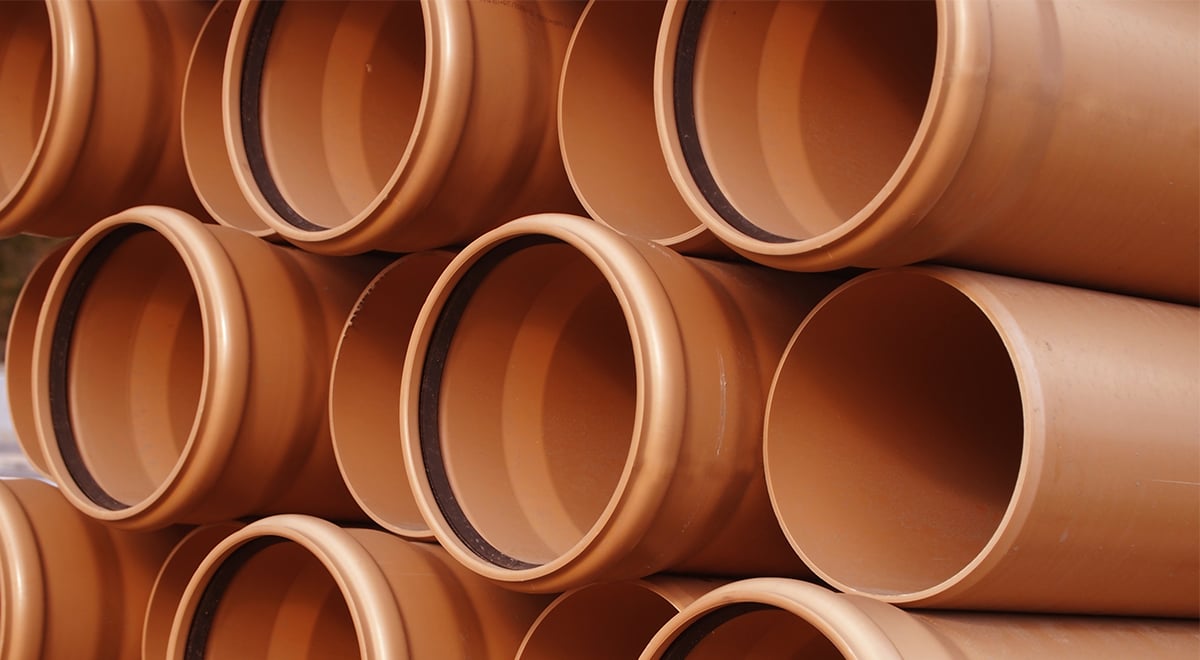PVC pipes have been used to establish safe drinking water systems since the 1930s and most of these are still in use. In addition to their long expected lifespan – in excess of 100 years – recent research conducted by Vynova has demonstrated that PVC pipes are highly suited for mechanical recycling.
Extensive tests performed in the Vynova Polymer Lab in Tessenderlo (Belgium) pointed out that PVC non-pressure pipes can be recycled up to ten times without any significant loss of mechanical properties. The tests were carried out as part of a research project titled “Fracture mechanical lifetime expectancy of polymer pipes for non-pressure applications”, within the COMET (Competence Centers for Excellent Technologies) programme.
Ten centuries of service
As part of the project, the Vynova researchers started from a dry blend of virgin PVC and additives typically used for pipe manufacture. The dry blend was then extruded and in a next step ground into granules, simulating the pipe material production and reworking process. After each extrusion, the material’s properties were tested. This process was repeated ten times. The Vynova Polymer Lab tested among others the thermal stability by means of a dehydrochlorination test.
The results showed that, contrary to many other polymers, the recycling had no significant impact on the PVC’s resistance against slow crack growth (SCG), which is the essential material property for structural long-term performance of 50 years or more.
In other words, even after ten rounds of recycling, the PVC still demonstrated the same excellent performance. If you know that PVC pipes used in drinking water systems have an expected service life of more than 100 years, this means that PVC piping can theoretically last an astounding ten centuries when properly recycled!
Safe, durable, sustainable and recyclable
In addition to their long lifespan and recyclability, PVC pipes also have a high degree of inertness and resistance to corrosion. This prevents bio-film contamination that can be a breeding ground for bacteria, making PVC pipes the safe choice for drinking water systems.
Furthermore, PVC piping systems show a much lower failure rate than other materials. That durability, combined with low maintenance and installation costs, makes PVC pipes a very cost-efficient alternative.
PVC also boasts several environmental benefits over other materials used in piping. It is a low carbon plastic and therefore requires less energy and fewer resources to produce. PVC pipes have a low weight, so less energy is used for transportation, require a minimum of maintenance and can be easily recycled.
Contact Vynova
Vynova is a leading European producer of high-quality PVC resins. We operate PVC manufacturing sites in Germany, France and the Netherlands. Products manufactured from our PVC resins bring water and light into our homes, provide comfort while reducing energy use and improve the quality of our daily life. Contact one of our PVC sales representatives or find out more about our PVC grade portfolio here.




